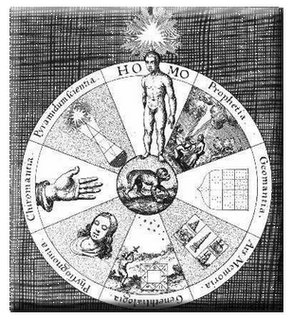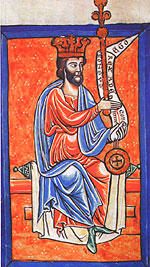 I have been too busy moving into a new apartment to blog, so I'm going to post an old writing exercise from three years ago, dedicated to Imperatrice pulcherrima Africae occidentalis. It's about memory. I refer to Donald Revell, the great poet and teacher with whom I was fortunate enough to take a workshop at the University of Utah.
I have been too busy moving into a new apartment to blog, so I'm going to post an old writing exercise from three years ago, dedicated to Imperatrice pulcherrima Africae occidentalis. It's about memory. I refer to Donald Revell, the great poet and teacher with whom I was fortunate enough to take a workshop at the University of Utah.What I Have Forgotten
For Romell
What I have forgotten… a theme that can’t help begging the question. If I have forgotten it, I can’t possibly state it here. Donald Revell would not approve. He’d say claiming to state, in a poem, something that one has forgotten would be dishonest. So to imagine what one has forgotten one would have to engage in some Zen-like exercise in order to imagine what is not there, to achieve the blankness of lost memory, the pure white cleanliness of the tabula rasa or the lightless black of a totally closed room. It is said the accustomed eye can detect a single photon; we must imagine a room without even a particle of memory. Tough.
Perhaps that’s the wrong approach. Loss of memory leaves at times a track, a sfumato trace that hints at itself without arriving at definition or identity. That maddening feeling that a song title or film director’s name is on the tip of one’s tongue, on the Zeno Express: the train that is coming but never actually arrives at the station. A powerful knowledge of absence with tantalizing hints that are never enough.
Plato, despairing at the impossibility of ever learning something new, at the mind ever apprehending something that was completely unfamiliar but that would eventually fold into its landscape, decided that all knowledge was remembering. Souls would transmigrate, learning was the rediscovery of what one knew in a previous incarnation. It does beg the question, too, of the first bit of knowledge, but still it gives credence to the déjà vu feelings that spark up in everyday life, and when a woman one has just met seems knowable down to the core of her being and one feels also instantly known, it is reassuring to think we are just remembering, that what we are experiencing for the first time, apparently, is just what we have forgotten, rising to the surface of the sea of our existence after so many lifetimes of tired wandering.


